STOP. COMMENTING. ON. PEOPLE’S. BODIES.
There you have it, a column in five words. That must be some sort of record, right?
Though it’s not nearly as impressive as the record set by athlete Eilish McColgan just over a month ago.
The Dundee-born runner broke the British and European 10K record at the Great Manchester Run earlier this year, shaving two seconds off former record-holder Paula Radcliffe’s time – which was set way back in 2003.
In fact, Eilish McColgan has burst a few of Radcliffe’s long-held records in the past year.
She’s showing herself to be a once-in-a-generation kind of runner. And she’s well and truly claimed her moniker of ‘standout performer’.
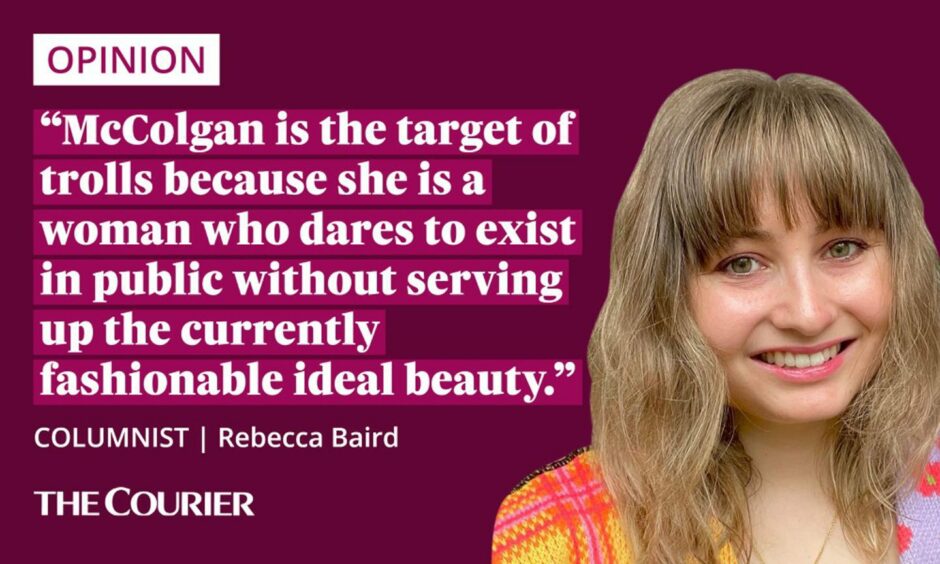
Yet instead of getting to bask in her achievements, winning races now means the Scot is forced to steel herself against an inevitable social media backlash.
The subject?
Her body.
McColgan’s body ‘too skinny’
McColgan has – rightly – hit out against online trolls passing remarks about her “skinny” frame.
Using a woman’s body to tear her down is a narrative we’ve seen time and time again with professional women in the public eye.
Female politicians are picked apart by papers and keyboard warriors alike for their outfits instead of their policies.
Women in music and Hollywood actresses are stopped on red carpets and asked about their clothes, their diets, their skincare regimens, their sex lives – anything but their work.
It’s a sexist double standard which sees professional women in public reduced to bodies to be scrutinised, instead of people to be heard.
And it seems that when it comes to women in sport, folk want to justify that scrutiny by making female athletes’ body images into a noble Issue Of Health.
McColgan’s body isn’t a statement; it’s just a body
After all, sport is one of the few industries where the body and the profession are inextricably linked.
Fitness and diet regimes are legitimised ‘shop talk’ for athletes.
It’s fair game to critique the physical forms of sportspeople, because their body is their workplace.
But here’s the kicker – no one is telling Mo Farah he’s too thin.
Because the incessant criticism McColgan has been subjected to is not about her athleticism at all.
If it was, frankly, there would be none. She’s a champion.
No – McColgan is the target of trolls because she is a woman who dares to exist in public without serving up the currently fashionable ideal beauty. Curvy, hourglass-figured, Kardashian-esque.
I think that that’s just pretty much females in sport. It’s always deemed to be about what we look like, rather than what we’re actually doing.”
Eilish McColgan, Athletics Weekly
Meanwhile anyone like me, who was brought up on Kate Moss’ now-regretted mantra of “nothing tastes as good as skinny feels” knows fine well that body ideals are as changeable as Scottish weather.
No one would’ve called McColgan ‘too thin’ in the 90s – there was no such thing.
It’s pure body shaming. And it’s made worse by the fact it’s dressed up in the hater’s favourite disguise – concern for The Children.
‘Unhealthy body image’
So many of these trolls targeting McColgan have justified insulting the way her body looks by saying she is “promoting an unhealthy body image” which is dangerous to young people.
How has she promoted this? By being thin in public?
This is the same logic that saw music star Lizzo shamed for “promoting obesity”, simply by being fat in public.
These women are not promoting anything by simply existing in the bodies they have in the public eye. Health doesn’t have just one body type.
Not to mention the fact that they don’t actually owe anyone a healthy body image; they’re there to do a job. McColgan said herself that she refuses to listen to the trolls because “I’m there to run”.
The way her body looks has nothing to do with what it can do. And what it can do is run, really far and really fast.
It’s good that McColgan’s self-possessed enough now, at 31, to put these trolls in their place.
I’m not here to just look pretty for someone else or to satisfy somebody else’s opinion on what I should look like.”
Eilish McColgan
But even she admits she wasn’t always so at peace in her skin, and being teased about looking “boyish” or “skinny” knocked her confidence a lot as a young teen.
And ironically, the very people commenting on her ‘unhealthy’ body image are the ones most at risk of harming someone younger and more impressionable than McColgan herself.
Body image trolling doesn’t end at McColgan
Telling a pro athlete to “eat a pie” based on her looks isn’t promoting a healthy body image.
Telling her she looks malnourished isn’t going to make a grown, successful woman at the top of her game suddenly change her lifestyle, or her genetics.
What it will do is tell every young girl who looks naturally like Eilish McColgan that her body is not considered beautiful.
That the way she looks is wrong. That she should expect insults to be hurled at her by strangers because of it.
Trolling Eilish McColgan will not prevent eating disorders or body image issues; it will cause them.
So to the trolls – please stop commenting on people’s bodies.
It’s none of your business, and it will never make a positive difference.
And if you find yourself concerned with bringing up the next generation to have a healthy body image, try learning to appreciate bodies for what they can do, rather than how they look.
For example, when bile rises? You can simply shut your mouth.
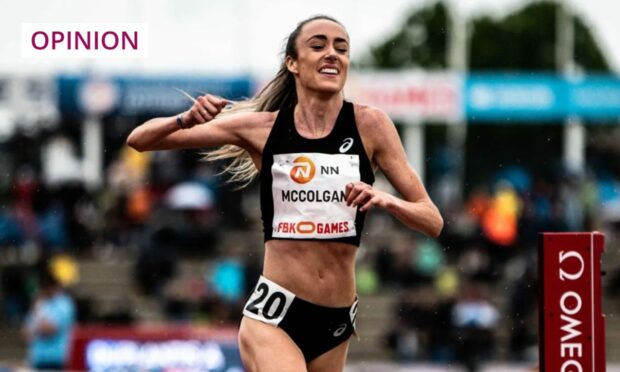
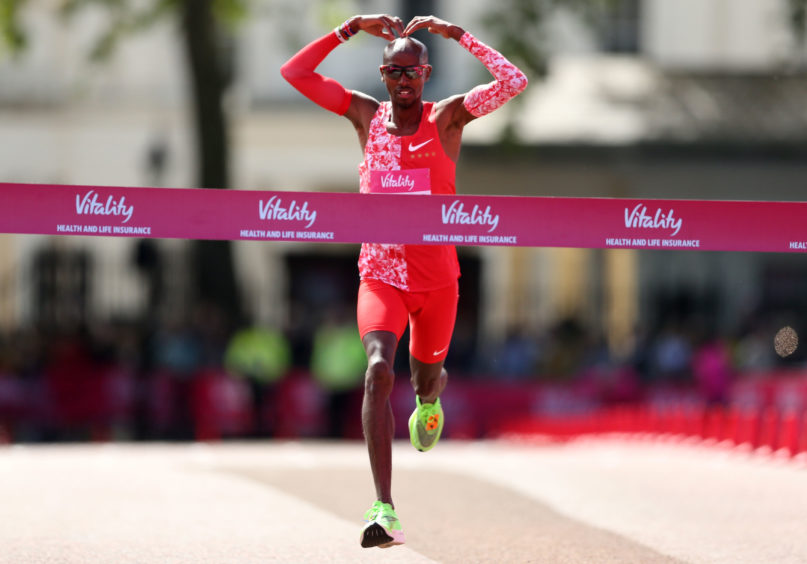
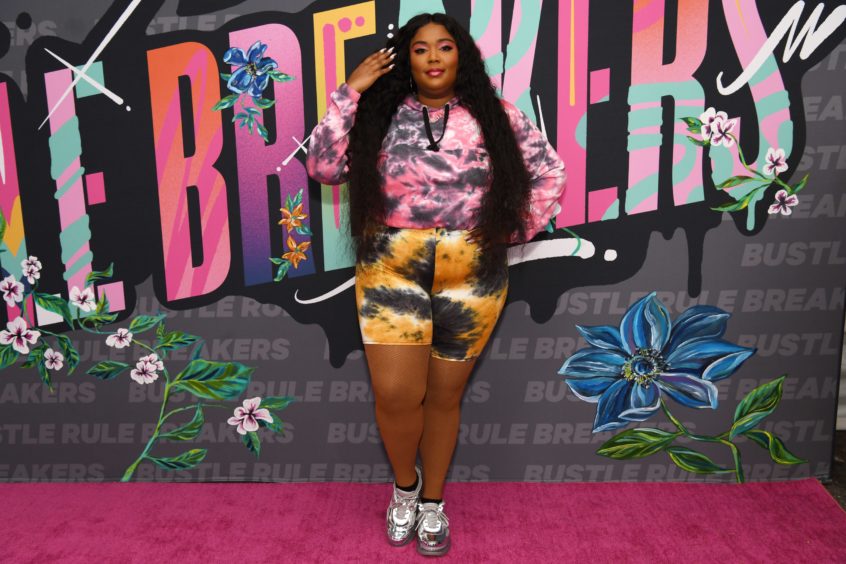
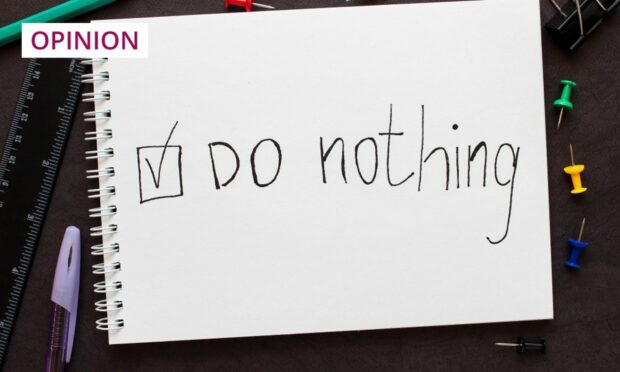
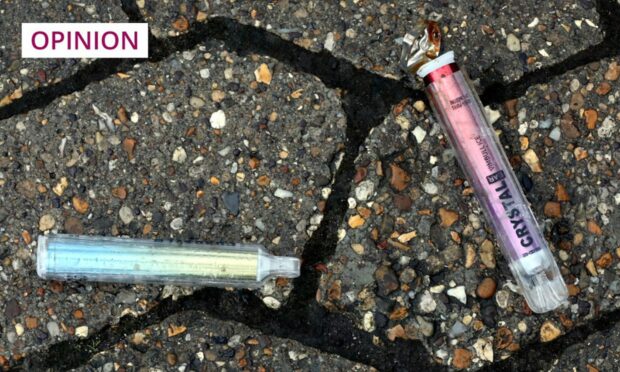
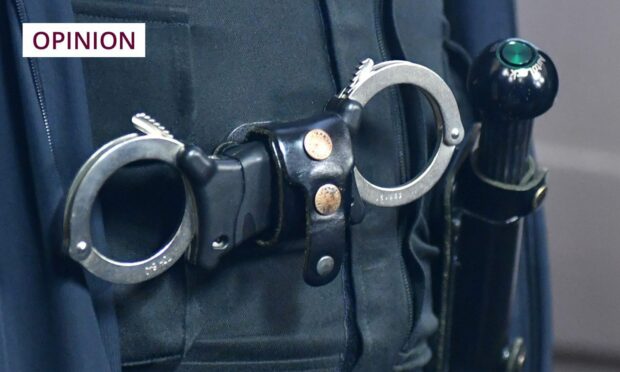
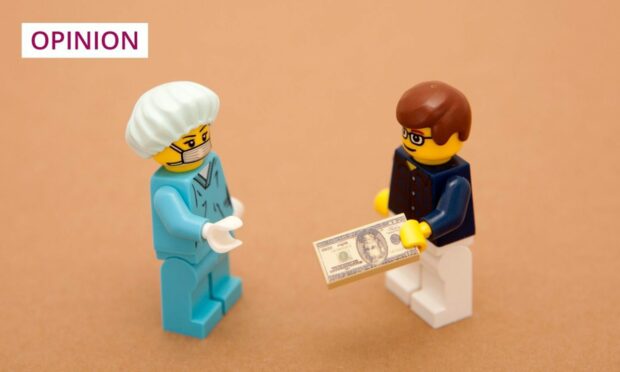
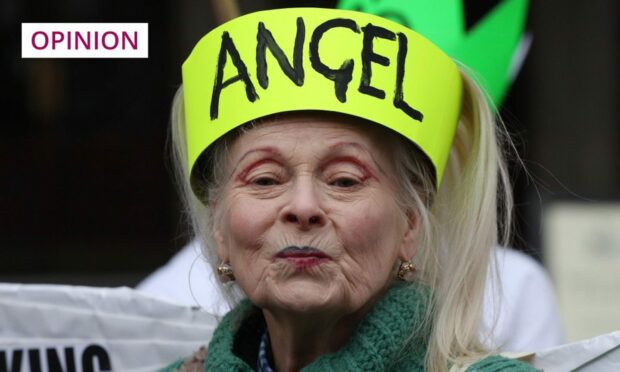



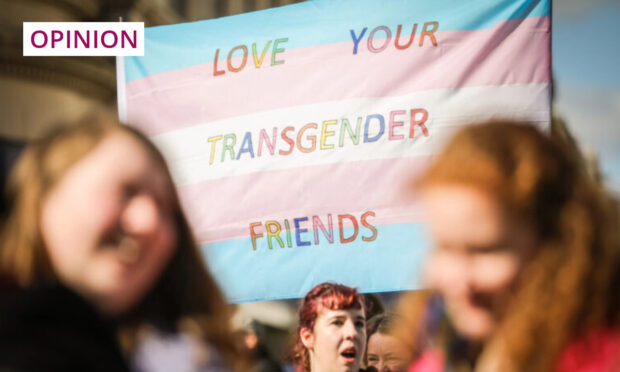
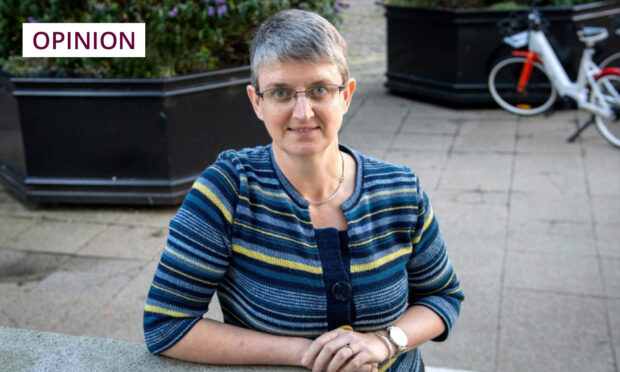






Conversation